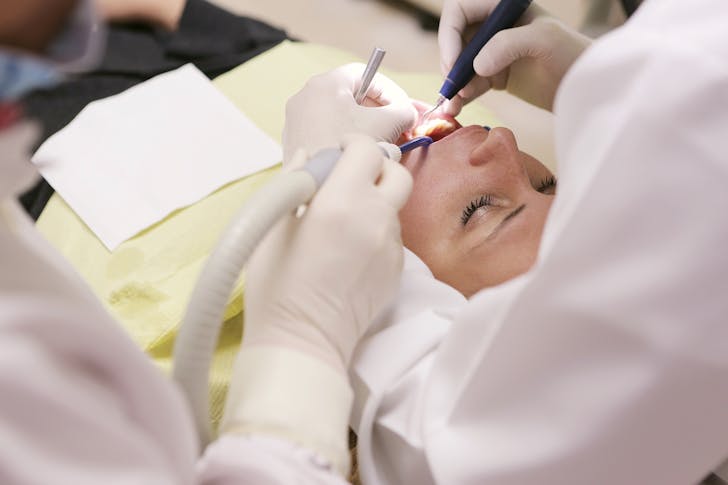Can I work out after wisdom teeth removal? Many people ask this question after undergoing this common dental procedure. The urge to return to normal activities, including exercise, is natural, but it's essential to understand the risks involved. Healing properly after wisdom teeth removal requires careful attention to your body's needs, especially in the days immediately following surgery.
Can I Work Out After Wisdom Teeth Removal?
The short answer is that it is crucial to give your body the time it needs to heal properly before resuming any physical activities. You should avoid strenuous exercise for at least four days following wisdom teeth removal.
High-intensity activities like running, heavy lifting, or vigorous sports can strain the healing site unnecessarily. After four days, consider resuming only light activities such as walking or gentle stretching. Always listen to your body; if you experience discomfort, it’s best to pause and consult your oral surgeon.

Andrea Piacquadio | Pexels | After wisdom teeth removal, you should avoid strenuous exercise for at least four days.
Why You Should Rest After Wisdom Teeth Removal
Rest is vital after wisdom teeth removal, particularly in the first 48 hours. This period is crucial for allowing a protective blood clot to form at the extraction site, which is essential for proper healing. Engaging in physical activities too soon can dislodge this clot, leading to complications like increased bleeding and delayed recovery. Resting helps minimize swelling and supports your body’s natural healing process.
The Risks of Exercising Too Soon
Exercising too early after surgery can raise your blood pressure, increasing the likelihood of bleeding at the extraction site. One of the most serious complications from premature exercise is a dry socket, a painful condition when the protective blood clot is dislodged, exposing nerves and bone. This not only causes significant discomfort but also requires additional medical treatment, delaying the healing process further.
Signs You Should Pause Your Exercise Routine
Paying attention to your body's signals is essential even after the initial recovery period. If you notice any bleeding from the extraction site, increased swelling, or experience a fever, these are signs that you need to stop exercising immediately. Symptoms like dizziness, difficulty chewing, or sutures coming apart are also clear indicators that you should halt physical activities and reach out to your oral surgeon for advice.

Cliff Booth | Pexels | After the initial recovery period, start with low-impact exercises such as yoga and stretching.
How to Gradually Return to Your Exercise Routine
Once the initial recovery period has passed, it’s important to ease back into your exercise routine carefully. Start with low-impact exercises such as yoga, stretching, or using light weights. Gradually increase the intensity based on how your body responds. If you notice any signs of discomfort or pain, it’s crucial to stop immediately and reassess your readiness to continue. The goal is to avoid pushing too hard too soon.
Importance of Proper Nutrition During Recovery
Nutrition plays a crucial role in your recovery after wisdom teeth removal. Post-surgery, you may need to follow a soft or liquid diet, which can result in lower calorie intake. Strenuous exercise requires energy and may impede your healing process without adequate nutrition. Focus on consuming nutrient-dense foods that provide the necessary calories and nutrients to support your body’s recovery while preparing for a safe return to exercise.



